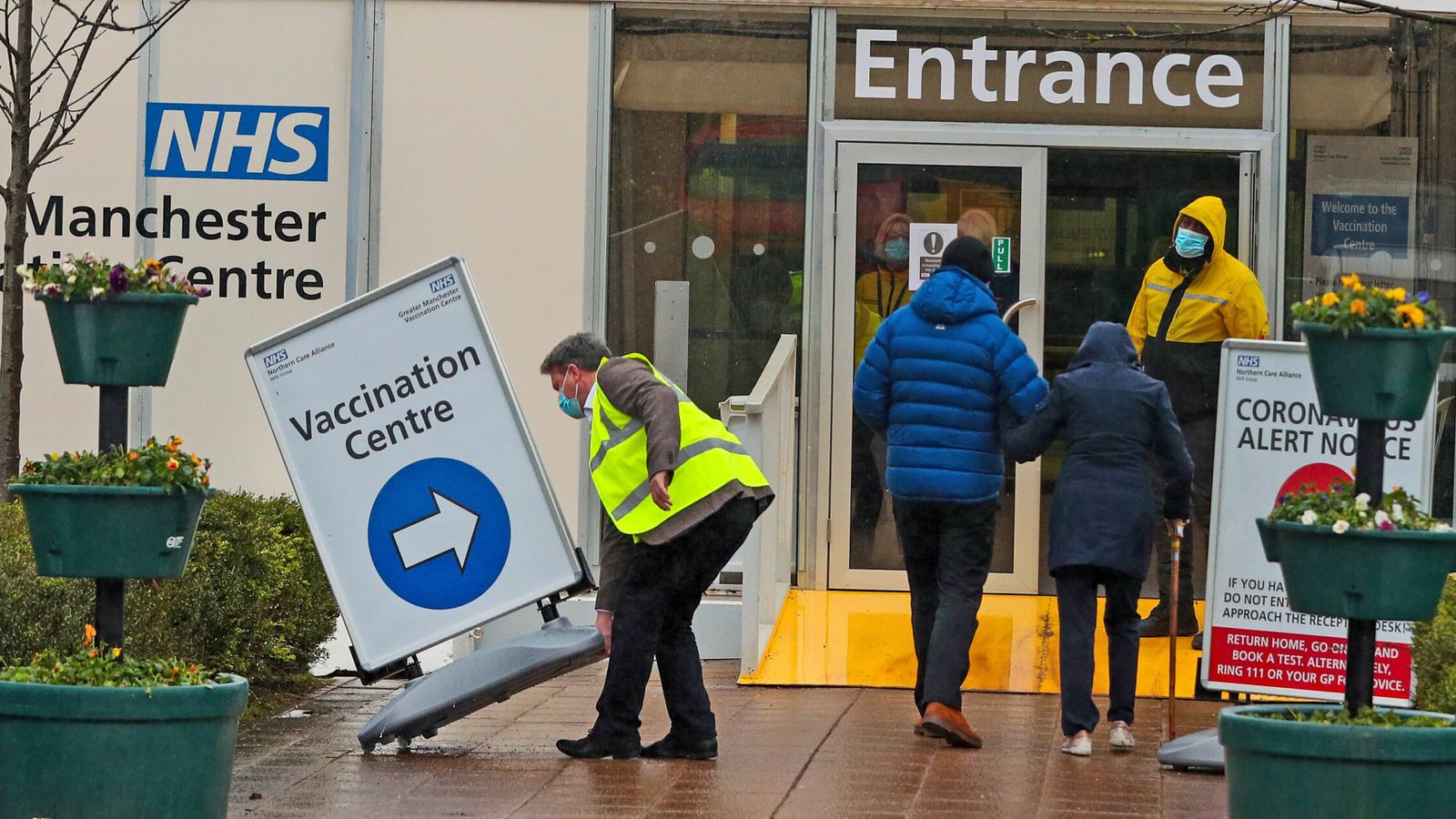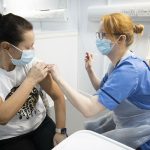The government must be prepared to move quickly from “Plan A to Plan B” in order to curb coronavirus should infections rise rapidly, a world expert has said.
“I really like what the UK is doing – I think this emphasis on people learning to live with the virus is the right one”, said Professor David Nabarro, a WHO special envoy on coronavirus.
“Plan A” for the coming months includes a booster jabs campaign which will begin next week, and guidance that people meet outdoors or open windows if inside, wear a face mask in crowded and enclosed places, wash their hands frequently and use the NHS COVID-19 app.
Live coronavirus updates from the UK and around the world
David Nabarro, WHO special envoy for the global COVID-19 response, says he believes an emphasis on "learning to live with the virus" is the correct approach, but says the UK has to be ready to quickly move from Plan A to Plan B
Latest on #COVID19: https://t.co/acg1i8l85W pic.twitter.com/oirxxAjCju
“Plan B” could include vaccine passports, compulsory masks and working from home guidance.
And Professor Nabarro told Sky News: “Speed is of the essence. We’ve been through this before and we know, as a result of past experience, that acting quickly and acting quite robustly is the way you get on top of this virus, then life can go on.
“Whereas if you’re a bit slower, then it can build up and become very heavy and hospitals fill up, and then you have to take all sorts of emergency action.”
Man hands himself in nearly 30 years after escaping prison – because COVID made him homeless
Cake mentioned 10 times more than climate change on TV, study finds
COVID-19: Health Secretary Sajid Javid reveals possible plan B triggers after experts warn hospital admissions may soar
He said he hoped there would not be a need for lots more restrictions because as “humanity, we need to be able to learn to live with this virus and to hold it away and stop it from wrecking our lives”.
Professor Nabarro also criticised the UK’s to giving vaccination boosters to millions and first jabs to children aged 12 and over.
He said everyone in the world should have at least one jab before we third doses were administered in some countries.
“We must have a worldwide approach instead of a country-by-country approach.”
Professor Nabarro said: “I actually think that we should be using the scarce amounts of vaccine in the world today to make sure that everybody at risk, wherever they are, is protected – and you’re at risk if you’re a health worker, you’re at risk if you’ve got diabetes or heart disease or immune suppression.
“So why don’t we just get this vaccine to where it’s needed?”
The government has said that as early as “next week” nine of the most vulnerable groups will be eligible for a third booster vaccine, no earlier than six months after their second.






















